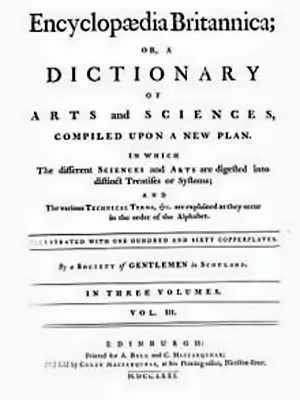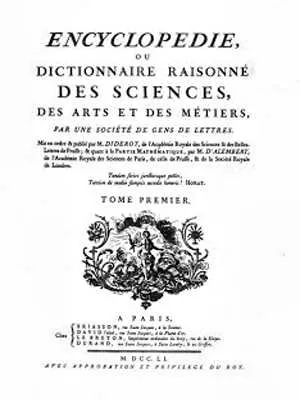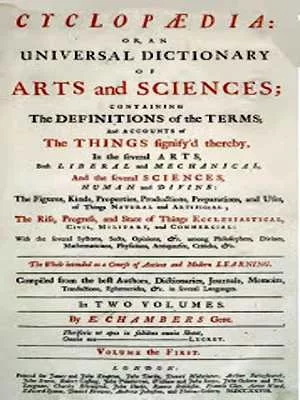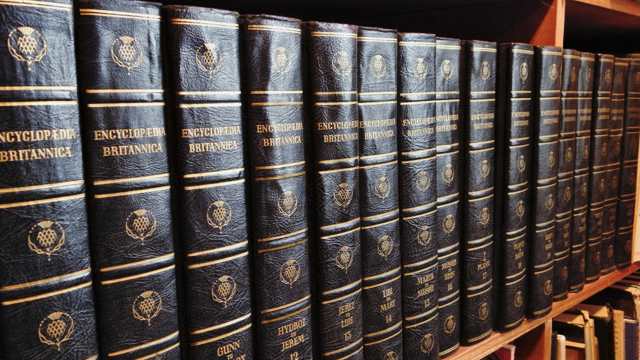The Evolution of Encyclopedias: From Pliny’s Natural History to the Digital Age
Encyclopedias have long been a cornerstone of knowledge, serving as a comprehensive source of information across various subjects. The term “encyclopedia” comes from the Greek phrase “enkyklios paideia,” meaning “general education.” The journey of encyclopedias from handwritten manuscripts to massive digital databases is as fascinating as the information they contain.
The Origins: Pliny the Elder and Early Encyclopedic Works
The concept of an encyclopedia dates back to ancient times. Pliny the Elder, a Roman author, and naturalist, is often credited with creating the first encyclopedia, Naturalis Historia (Natural History), in 77 CE. This monumental work comprised 37 volumes and covered a wide range of topics, from astronomy and geography to botany and zoology. Pliny’s encyclopedia was not just a collection of facts but a comprehensive summary of the knowledge of his time, sourced from over 400 authors.

This early attempt at creating a comprehensive knowledge base set the stage for future encyclopedic works. Although Naturalis Historia was not arranged alphabetically, it provided a model for the structure and purpose of later encyclopedias.
The First English Encyclopedia: Lexicon Technicum
Fast forward to the early 18th century, when John Harris published Lexicon Technicum in 1704. This was the first encyclopedia in English and a significant leap forward in the presentation of knowledge. Unlike Pliny’s work, Lexicon Technicum was arranged alphabetically, a format that would become standard for future encyclopedias. Harris focused on the physical sciences and mathematics, even including a contribution from Isaac Newton on chemistry.
Chambers’ Cyclopaedia: The Father of Modern Encyclopedias
Ephraim Chambers, inspired by Harris’s work, published his two-volume Cyclopaedia in 1728. Chambers introduced an elaborate system of cross-references, connecting various topics and creating a web of knowledge. This innovation earned him the title “Father of the Modern Encyclopedia.”

Chambers’ work did not go unnoticed in Europe. In France, publishers sought to translate Cyclopaedia into French, but the project quickly evolved into something much more ambitious.
The Controversial Encyclopédie of Diderot and d’Alembert
In 1745, French philosophers Denis Diderot and Jean le Rond d’Alembert embarked on creating the Encyclopédie, a work that would become a symbol of the Enlightenment. The Encyclopédie was not just a collection of knowledge; it was a radical work that challenged the social and political norms of the time. With contributions from prominent thinkers like Voltaire and Rousseau, the Encyclopédie became a lightning rod for controversy.

The French monarchy, under King Louis XV, banned its publication twice due to pressure from religious authorities and fears that it would spread subversive ideas. Despite these challenges, the Encyclopédie was completed in 1772, expanding to 28 volumes and selling over 25,000 copies by 1789. It became a symbol of intellectual freedom and a precursor to modern encyclopedias.
Encyclopaedia Britannica: Scotland’s Contribution to Global Knowledge
While the Encyclopédie was stirring debate in France, three Scots—Andrew Bell, Colin MacFarquhar, and William Smellie—were creating what would become one of the most respected encyclopedias in the world: Encyclopaedia Britannica. First published in 1768, Britannica began as a modest three-volume set but quickly grew in scope and reputation.
By its fourth edition in 1810, Encyclopaedia Britannica had expanded to 20 volumes and gained a reputation for scholarly excellence. The 11th edition, published in 1911, is particularly notable for its depth and erudition, setting a high standard for reference works.
The Digital Age: Encyclopedias Go Online
The rise of the internet in the late 20th century revolutionized how people accessed information. In 2012, Encyclopaedia Britannica announced the end of its print edition, shifting its focus entirely to its online platform. This move signaled the end of an era for printed encyclopedias but also marked the beginning of a new chapter where information is more accessible than ever.
Conclusion
From Pliny the Elder’s Naturalis Historia to the digital Encyclopaedia Britannica, encyclopedias have evolved dramatically over the centuries. They have adapted to changes in technology and society, yet their core purpose remains the same: to collect and disseminate knowledge. As we move further into the digital age, the legacy of these monumental works continues to influence how we learn and share information.
Encyclopedias may no longer grace our bookshelves in physical form, but their spirit lives on in every search engine query and online article. The journey of encyclopedias is a testament to humanity’s enduring quest for knowledge.

